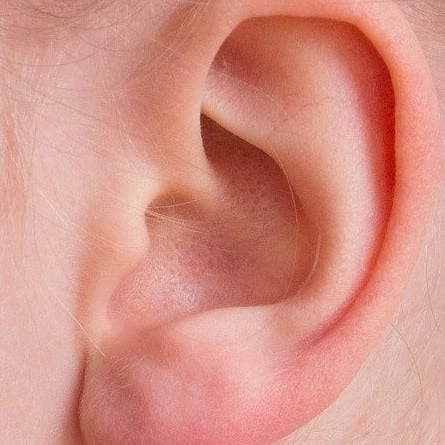Sound Pharmaceuticals announced the first-ever Phase III clinical trial protocol for Meniere’s disease to be approved by the FDA.
Meniere’s disease (MD) is a neurotologic disorder that involves tinnitus (ringing in the ears), dizziness, and hearing loss. Currently, no FDA approval exists at any level for these disorders.
About the Clinical Trials
The new investigational drug is SPI-1005, and the Phase III clinical trial is called STOPMD-3. It is scheduled to be conducted at over sixteen sites in the United States.
Two previous trials, Phases 1b (39 patients) and 2b (126 patients), gave evidence that the oral drug SPI-1005 taken for twenty-one or twenty-eight days improved sensorineural hearing loss (damage to the inner ear) and tinnitus in MD patients.
The results showed improvements in hearing loss as determined by standard audiometry testing. A second test was used to gauge the subject’s ability to identify simple words when they are mixed with background babble.
MD: The Diagnosis
Dizziness or vertigo (spinning sensation), tinnitus, and occasional hearing loss is an indication of MD. It is brought on by inflammation or swelling in the inner ear but may only involve one ear. Some patients may also experience pressure in their ear that causes dizziness.
It is common in MD to experience a reduction in word recognition. This happens mostly in conjunction with tinnitus or when someone is in a crowded, noisy environment.
The researchers found that SPI-1005 significantly reduced tinnitus over the placebo. The Phase 2b results confirmed the earlier Phase 1b trial results showing that SPI-1005 reduced tinnitus noise at relevant levels.
Persons newly affected are typically between the ages of forty and sixty-five years old. Symptoms will generally increase with age.
The Drug: SPI-1005 and the GPx Enzyme
SPI-1005, the drug that is being investigated in the STOPMD-3 trial, contains the ebselen molecule. Epselen, a selenorganic substance that is anti-inflammatory, activates glutathione peroxidase activity (GPx).
The main function of GPx is to guard various organisms against oxidative damage. The cells and tissues that are protected by GPx are the retina, brain, inner ear, kidney, and lungs. The efficacy of GPx may be reduced when it is exposed to an oxidative substance.
Note that the loss of GPx activity has resulted in sensorineural hearing loss in animal models.
It is common in MD to experience a reduction in word recognition. This happens mostly in conjunction with tinnitus or when someone is in a crowded, noisy environment.
The Phase 2b results confirmed the earlier Phase 1b trial results showing that SPI-1005 reduced tinnitus loudness at relevant levels.
Results of the StopMD Phase III Trial
Subjects in the 400mg dose group taking SPI3-1005 showed an impressive increase in hearing after several weeks of taking the drug.
The percentage of auditory improvements rose from forty-seven percent at the four-week interval to sixty-one percent after eight weeks.
Word recognition rose from fifty-seven percent at the same four-week interval to sixty-eight percent after eight weeks.
The researchers feel confident that the resulting auditory improvements provide ample reason for the approval of SPI-1005.
The Company: Sound Pharmaceuticals (SPI)
SPI, a biotechnology company, has submitted four applications to the FDA that involve neurotologic indications. The company focuses on the development of novel therapeutics associated with sensorineural otologic disorders.
Additional information about the SPI-1005 trials can be viewed here.







